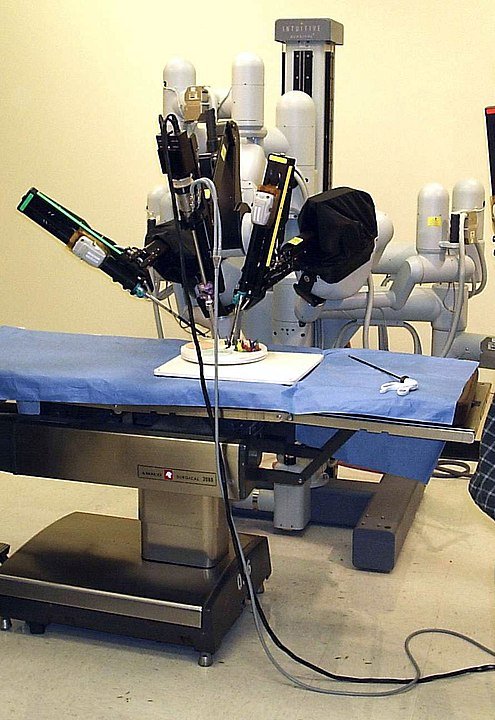Last year you were probably watching and reading about the Motion Picture Academy’s Oscars and missed the first ever Medical Travel Awards by the International Medical Travel Journal. Yes, medical tourism is big business and now has its own awards show. What country would you guess to win Destination of the Year? . . . Wrong! The winner was Jordan. You might stand a better chance at the Excellence in Customer Service category; the winner was Apollo Health City in India, the call center capital of the world.
Update Spoiler: This article is a reprint so facts and figures are out of date. I don’t think that matters because if you need medical help you have to do your own research anyway. Also, of course, the coronavirus travel restrictions have to be taken into account in your specific planning.

Medical tourism is truly a global growth industry. Thailand and Malaysia have been known for years to have world class hospitals and doctors for those with champagne taste and a beer budget. But did you know the major hospital in the Dominican Republic has bought a new Davinci robotic surgery system and is now the mecca for prostate treatments. By the way, if you don’t like my use of the lower case mecca, Iran has a growing medical tourism business from Muslim countries. It seems it not only has better facilities and doctors than many of its neighbors but it is more stable as well(after all everything is relative). Or if you prefer, Dubai is gaining a lot of medical business due to its position as a regional and intercontinental airlines hub.
For potential patients from developed countries cost is a major driving factor and enjoying the beaches, scenery and food is secondary. Nearly any procedure that can be scheduled is cheaper at these destinations. A knee replacement costs $35,000 in America, $20,000 in Singapore, $12,000 in Thailand and $10,000 in Costa Rica, according to medical consultants, Patients Beyond Borders. The European Union has been seeking uniformity for over fifty years yet a hip replacement cost $4,000 less in Spain than in England and I would bet the food is better as well.
Of course, there are drawbacks to flying coach when you are ill. Many people who can manage the price of local treatment prefer to stay close to home. They are close to family and friends and have known recourse if something goes wrong. Understanding the dialects of nurses and doctors can be a comfort as well, even if these days many western hospitals are staffed with foreign nationals.
Previously I wrote about the Russians visiting the spas of the Czech Republic. It turns out that an increasing number of Brits are taking the short hop to Prague for essential procedures such as breast implants. That enhancement in a modern Czech clinic with an English speaking doctor costs about half what it would in the U.K.

Malaysia has long been a popular medical tourism destination for the Chinese and now South Korea is gaining ground as well. Thailand is not content to let these upstarts take their business. The Tourism Authority there has launched a marketing campaign that invites people from all over the world to compete for places in a reality show, Thailand Extreme Makeover. Yes, your before and after pictures, as well as everything in between, can be on international television.
While this report has been somewhat tongue in cheek, our health or lack of it is serious business. As quality of care decreases, including the insidious practice of requiring specialists for even common procedures such as prostrate exam—my recent experience—and costs correspondingly increase; it behooves everyone to apply the same principles to purchasing medical care as to a new smart phone—shop around.
P.S. This post is a little off topic; I have more like it on my Travel Shepherd site.

